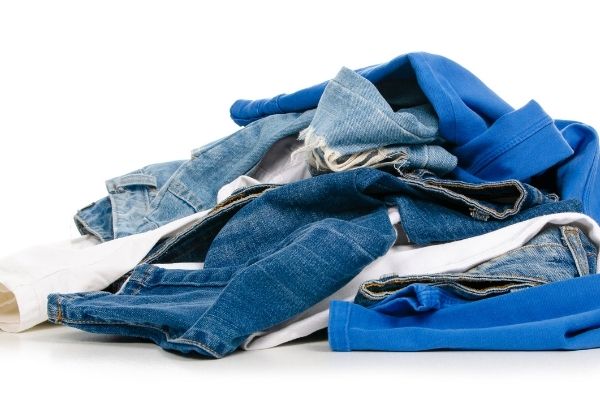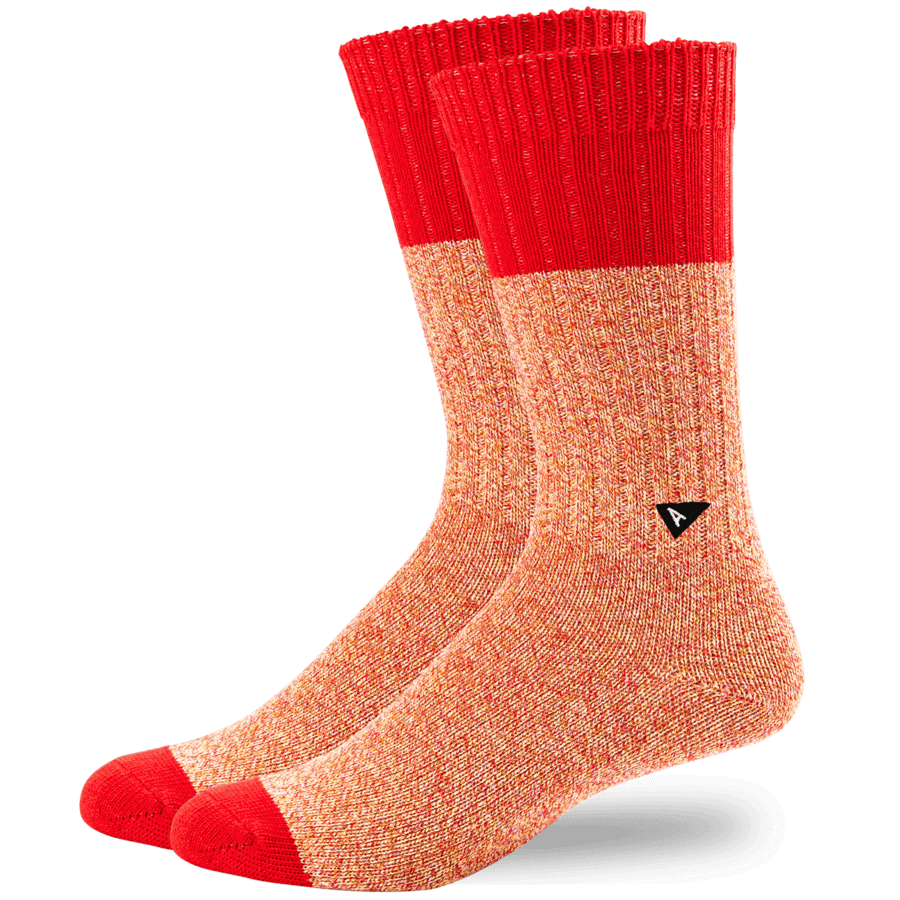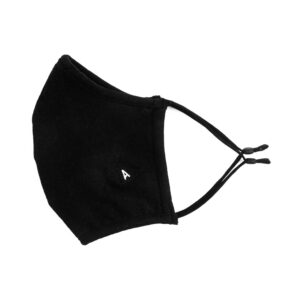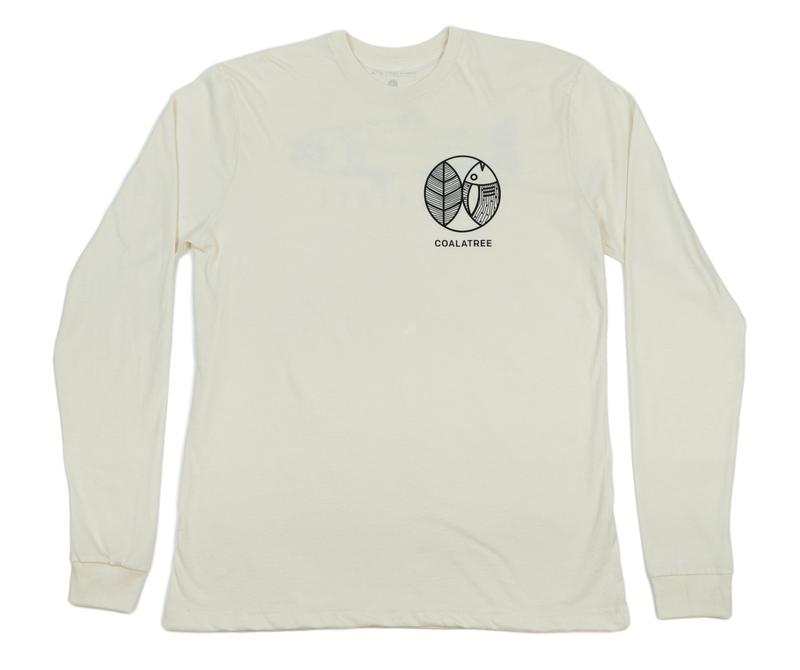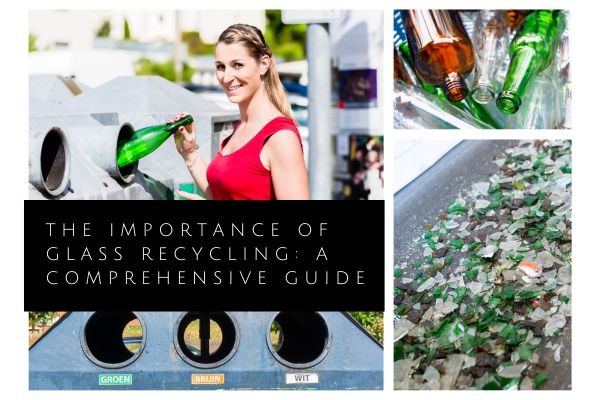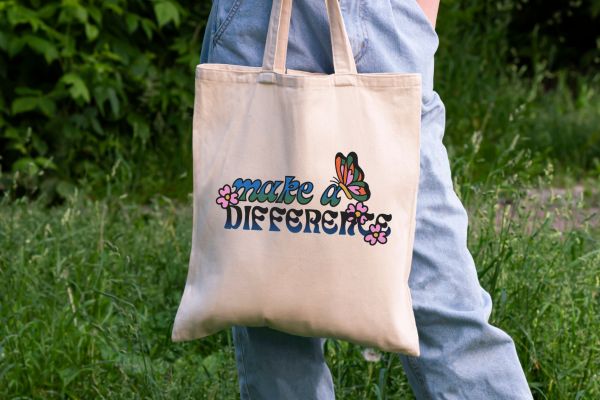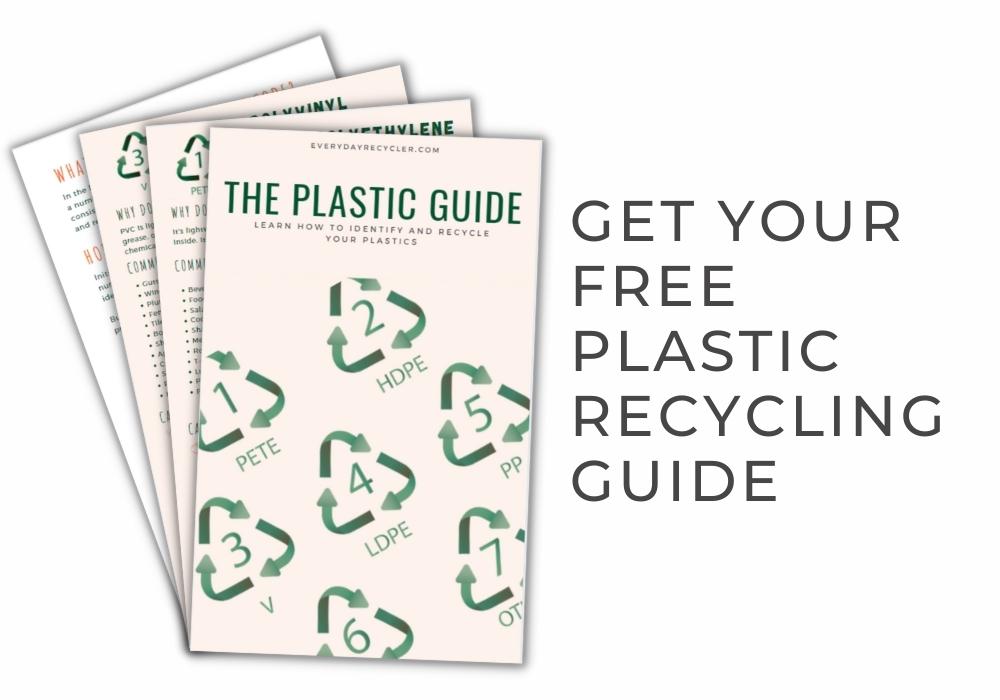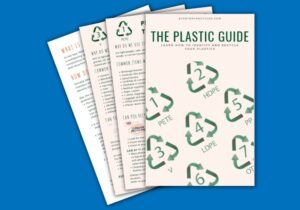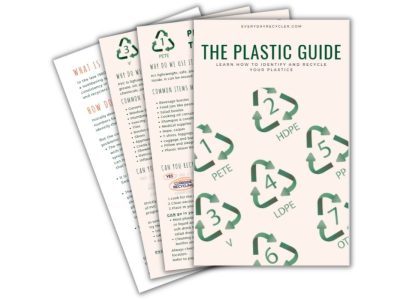Whilst cotton certainly is a beautiful fabric with many benefits for textiles and fashion. Virgin cotton production uses an incredible amount of resources to manufacture – not ideal for the eco-fashionista.
An easy way to lighten your textile toll on the environment is to consider the added advantages of using recycled cotton over virgin cotton. Recycled cotton fabric is more sustainable than virgin cotton whilst maintaining many of its benefits – it really is a no-brainer!
This article breaks down how recycled cotton is made and compares its benefits and disadvantages.
If you want to look for recycled fabrics that can help turn your wardrobe into eco-friendly heaven, read on!
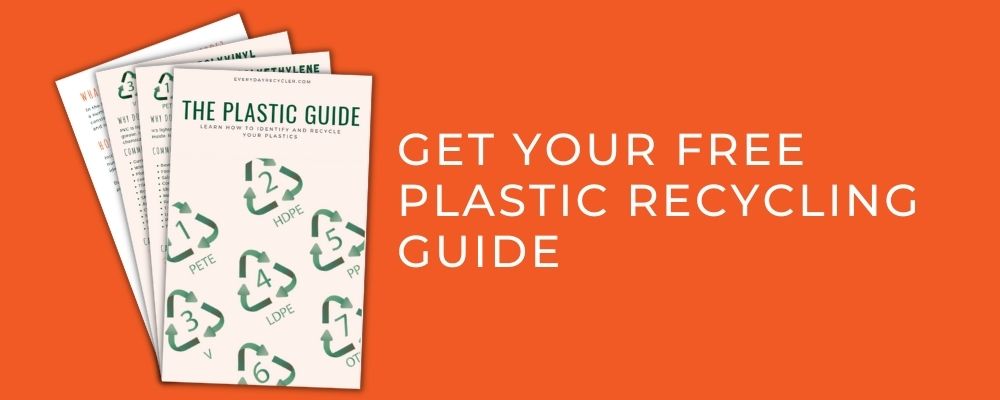
What Is Recycled Cotton?
Recycled cotton is made from cotton that would otherwise have been wasted.
This can be cotton scraps and factory offcuts that come from the manufacture of garments and textiles.
To second-hand cotton garments or textiles, or deadstock (finished products deemed unsuitable for sale).
This is music to our ears, as it means that not only are we recycling ‘waste’ from the textiles industry – recycled material takes fewer resources to produce and contributes to a circular economy.
Is Recycled Cotton Sustainable?
Unsurprisingly, recycled cotton yarn has much less environmental impact than conventional cotton yarn.
Research shows that using 1000kg of recycled cotton yarn can save 0.5 hectares of land, C02 emissions are reduced by 6600 kg, and 2783 cubic meters of irrigation water are saved.¹
An obvious benefit of recycling cotton is that pure recycled cotton is biodegradable, which ensures that we do not have to worry about a prolonged effect on the environment, such as with recycled polyester.
If you’re in search of natural, sustainable fabric, as opposed to synthetic fiber – recycled cotton is certainly a good option.
How Is Recycled Cotton Yarn Made?
Cotton recycling is not always an easy process – the options are chemical, mechanical, and thermal processing.
Work is still being undertaken to develop ways of scaling the process to make it easier and more accessible.
Once the cotton textile waste is obtained, it is sorted into textile types and colors.
The sorting process can be labor intensive depending on the recycling process used – as not only are the fabrics sorted by color, but care has to be taken to sort the blended fabrics.
Many pieces of cotton are blended with other yarns, which affects the type of recycling process that can be used to create the new yarn.
After the textile waste is sorted, it is shredded or turned into a pulp. From there, the raw material is accordingly processed depending on the recycling method, before being spun into new yarn.
The majority of cotton waste that is recycled comes from factory offcuts due to the difficulties in accurately and efficiently sorting second-hand fibers.
What Is Recycled Cotton Used For?
There are an array of uses for recycled cotton from home textiles and clothing, to industrial cleaning cloths, and even paper.
Fun fact: cotton paper is of higher quality, and more durable, than wood pulp paper – so it is often used for banknotes and important documents! ³
Is Recycled Cotton Durable?
Depending on the type of recycling method used – recycled cotton yarn can maintain its durability, or even become stronger than virgin cotton.
Cotton that travels through the mechanical recycling process tends to lose its original strength, so this will often be blended with either virgin cotton or polyester to ensure the final textile is of quality.
Whereas, with the chemical recycling process yarn often comes out with higher durability and strength than virgin cotton!
Recycled Cotton Pros And Cons
Natural cotton fiber is one of my favorite textiles. There is something so wholesome and beautiful about the texture of cotton in comparison to other yarn.
Let’s weigh up some of the benefits versus disadvantages of recycled cotton fabric.
Benefits Of Recycled Cotton
- Soft, lightweight, and easy to wash
- Breathable, durable, and quick-drying
- High absorbency (which makes it ideal for home or industrial cleaning cloths)
- Biodegradable and recyclable which means it has a lower environmental impact than synthetic yarn
Disadvantages Of Recycled Cotton
- Although recycled cotton is durable, it does have some issues with longevity due to it being a natural fabric – it isn’t tear, or abrasive resistant
- Cotton does not hold a high elasticity in comparison with other yarn
- Cotton is often expensive due to the resources required to produce it
- Cotton is not resistant to the environment (unless it is blended with other yarn). 100% cotton is more prone to environmental damage due to humidity; such as mold and fungus
- Low wrinkle, heat, and chemical resistance
- Having to separate color and fabric blend can make it a labor-intensive process
Recycled Cotton Vs. Organic Cotton
Choosing organic cotton fiber is also a great option if you are interested in protecting the environment from unnecessary pesticides and toxic chemicals.
Whilst recycled fabric has its benefits, organic cotton is also regarded as a sustainable material due to the kinder footprint it leaves on the earth during the cotton farming stage.
Not only that, but growing research shows that it is important for us to consider the health risks associated with exposure to textile products with a high chemical presence.³
If you are prone to allergies and sensitive skin – organic clothing could be a good call.
Certified organic cotton clothing can be more expensive, however choosing timeless and quality pieces for your wardrobe ensures that you get your money’s worth.
Brands Which Use Recycled Cotton Fabric
Newly
If you are looking for homeware or home textiles – you simply have to check out Newly.
They use 100% recycled and repurposed materials – yes, you read that correctly.
Made from 51% recycled cotton, and recycled plastic bottles – this chic throw is a prime example of the beautiful home products that can be created sustainably.
Their attention to detail ensures that this throw is not only soft, but it is also super stylish and comes in a couple of different colors.
Arvin Goods
If you’re looking for socks or undies that are sustainably made with reclaimed cotton – then Arvin Goods provides on-trend options for men and women.
Their twisted crew socksare such so attractive and colourful, but highly practical and comfy.
Also – they have a face mask that is made from regenerated cotton, and comes with filters to ensure its effectiveness! If you’re looking for an eco-mask, Arvin Goods is your go-to!
Coala Tree
If you are looking for sustainable activewear for women, and men – then Coala Tree is a great choice. They focus on ethical clothing for the conscious adventurer!
You can find t-shirts and jumpers in sustainable fabrics made from recycled cotton, and even recycled coffee. Yes, recycled coffee – cool huh?!
This snuggly beige long sleeve jumper for men is something I would certainly ‘borrow’ from my partner…
Conclusion
Cotton is always going to be a popular fabric within the textiles and fashion industry, so it certainly makes sense to support brands that are choosing to use textile recycling methods.
Our financial support allows brands to show that we care about what they use and also allows them to invest in the further development of accessible and scalable production of recycled cotton fiber.
Choosing recycled cotton fabric allows you to benefit from a biodegradable, natural fiber, whilst also reducing textile waste from the fast fashion industry.
As always, coming back to the Reduce, Recycle, Reuse ethos of sustainable fashion – recycled fiber effortlessly covers two of these factors.
Considering if you really need that extra t-shirt, and buying quality recycled cotton ensures you have a product that lasts, as opposed to buying needlessly.
Let us know which brands you like that use recycled cotton sources in the comments!
Learn more about recycled fabrics in our series:
- Recycled Fabric: The Ultimate Guide to Innovative and Sustainable Recycled Fabrics
- Is Nylon Plastic? Sustainable Guide to Nylon and Recycled Nylon Fabric
- What Is Polyester? | Easy Beginners Guide To Recycled Polyester Fabric
- 6 Sustainable Fabrics Made From Food Waste | Eco-Friendly Fashion Guide
- Clothes Recycling: How to Recycle Clothes Sustainably
Sources
- Yun, Huang, Libin and Zhang, 2020, Could the recycled yarns substitute for the virgin cotton yarns: a comparative LCA
- Cotton Recycling from Wikipedia.org
- Rovira and Domingo, 2018, Human health risks due to exposure to inorganic and organic chemicals from textiles: A review
- Virtue and Vice.com, Recycled-cotton-fast-fashion-sustainable


